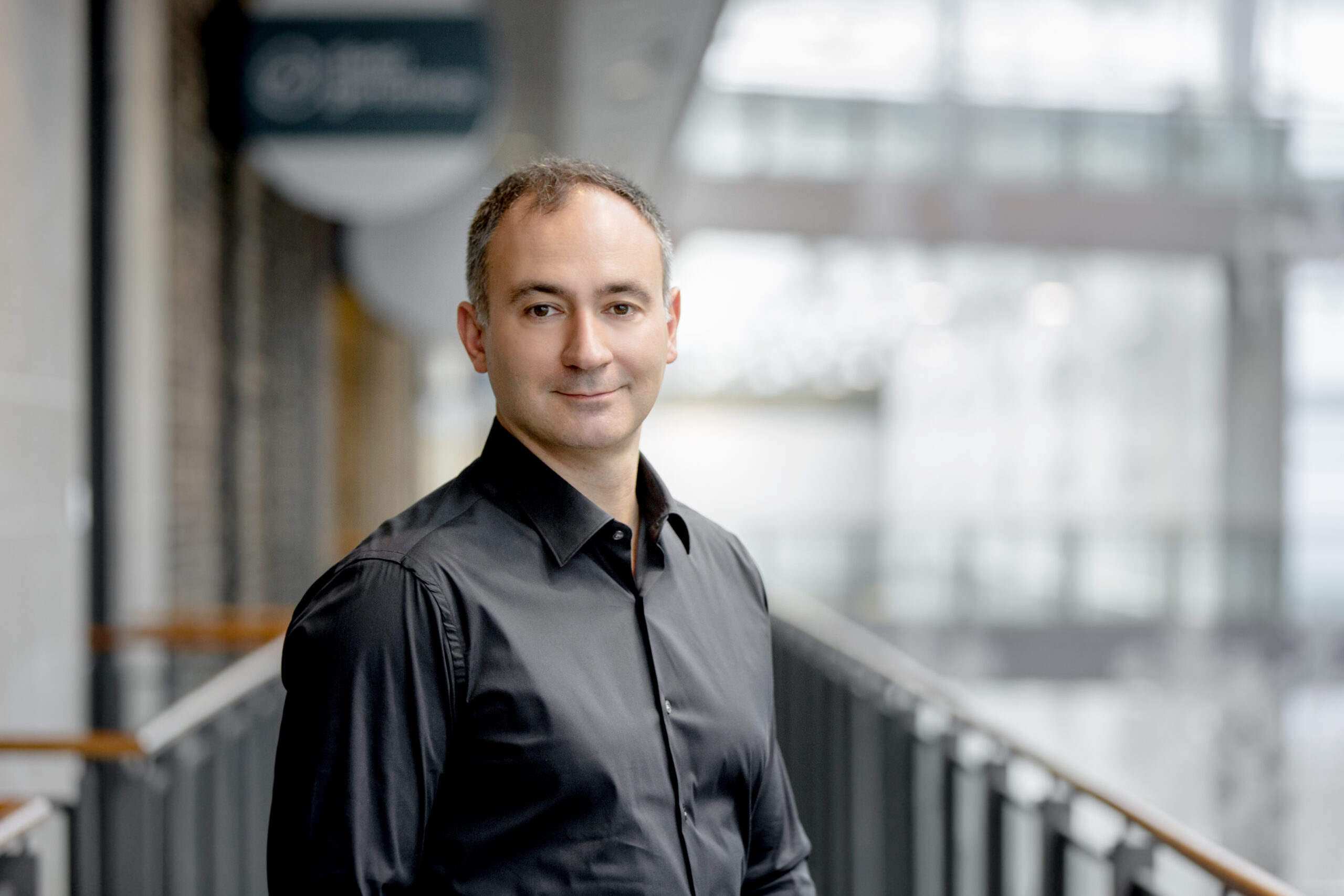
@ShahidNShah


The COVID-19 pandemic feels like a once-in-a-lifetime event for those of us involved in healthcare, but the patterns of how the crisis affected our industry feel familiar. That change buoyed technologies such as the Bloomberg Terminal, a software system that replaced print publications with digitized financial data, and brought a new level of transparency and efficiency to the industry. By continuing to free the data locked in legacy electronic health record (EHR) systems, healthcare can transform just like financial services. This will provide healthcare consumers with the same conveniences they enjoy with mobile banking and investing apps like Venmo and Robinhood. That limited range has negatively affected the consumer experience, forcing healthcare providers and pharmacies to fill gaps with multiple narrow solutions. When platforms emerge in healthcare and replace the jumble of point solutions that exist today, it will create a consumer experience that is as easy and convenient as hailing a ride on Uber. In an industry that moved too slowly for too long, the COVID-19 pandemic has provided healthcare with the same kind of push that jolted the financial industry in 1987.
Continue reading at hitconsultant.net
LG opens its new Los Angeles Business Innovation Center, the first comprehensive LG technology and education hub for medical environments. – LG Business Solutions USA has opened its new Los Angeles …
Posted Mar 28, 2022 Innovation & Strategy
Connecting innovation decision makers to authoritative information, institutions, people and insights.
Medigy accurately delivers healthcare and technology information, news and insight from around the world.
Medigy surfaces the world's best crowdsourced health tech offerings with social interactions and peer reviews.
© 2025 Netspective Foundation, Inc. All Rights Reserved.
Built on Apr 17, 2025 at 6:07am